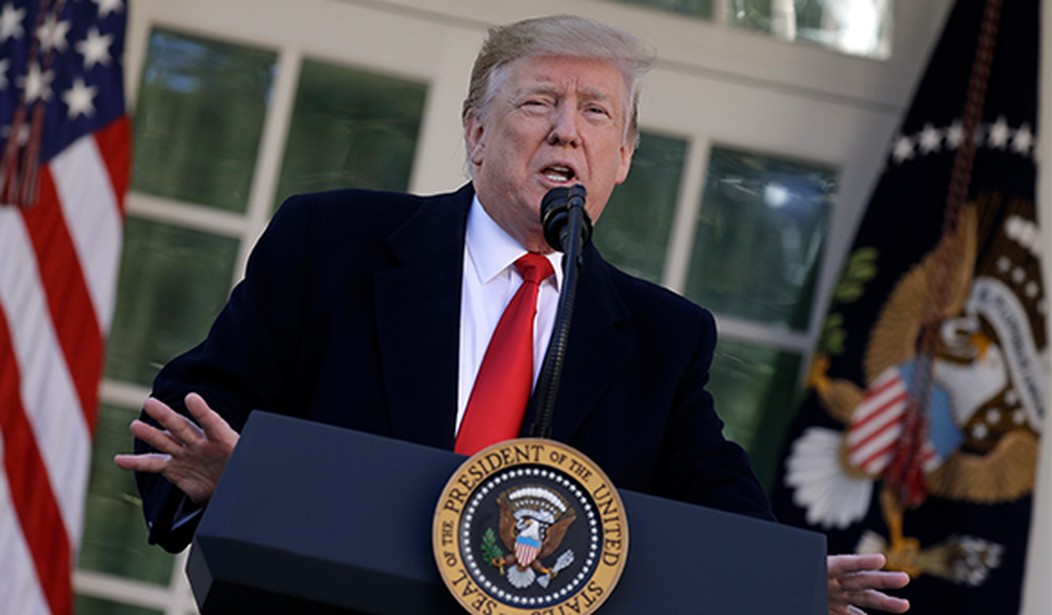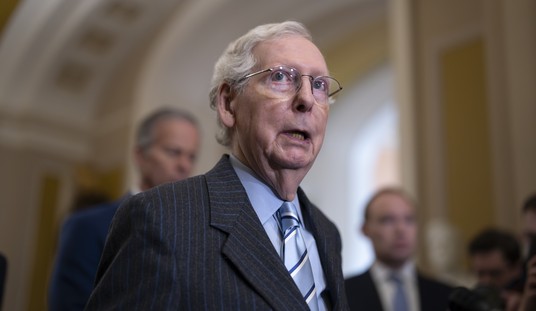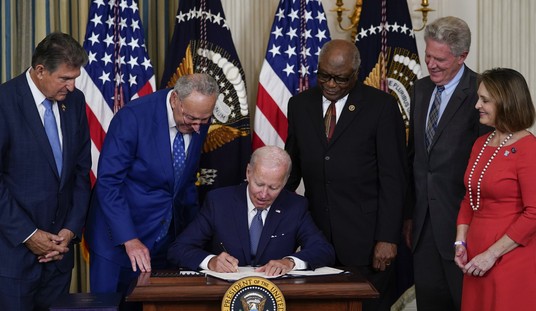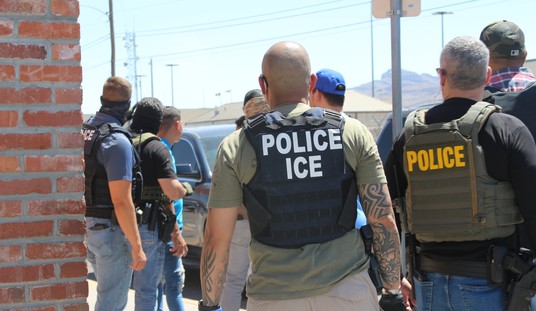With President Trump announcing last Friday that he reached a deal to temporarily reopen the government until Feb. 15, Congress has yet to come to a conclusion about funding the border wall. Democrats seem determined to prevent funding for the wall, and it’s likely that they’ll hold their ground in the House.
But does the Republican-controlled Senate still stand with the president? And do they think reopening the government is the best way to reach that goal? Here’s what some senators said:
Sen. Ted Cruz, R-Texas:
Sen. Ted Cruz issued a press release the same day Trump announced the end of the shutdown. He expressed relief for the federal workers, who would finally get paid for their services. He blamed Democrats for starting the shutdown.
"I am glad federal workers will finally be paid,” Cruz said. “For weeks, Democrats held their paychecks hostage. Yesterday, I fought hard to immediately pay every single essential federal employee - every essential employee at the Coast Guard, the TSA, air traffic controllers, Border Patrol agents, ICE agents, FBI agents, and those throughout law enforcement. Chuck Schumer and the Democrats cynically objected to that legislation and killed it on the Senate floor.”
Cruz expressed favor for a border wall in the past, commending the president for his strategies to obtain funding, including a government shutdown.
“We have a crisis at our border,” continues Cruz in the press release. “One that Texas experiences first-hand. We need real border security, including physical barriers to stop drug traffickers and human traffickers. I will continue to lead the fight to secure the border and get the job done.”
Cruz said he hopes that, now that the government is reopened, that Democrats will open up more to the idea of setting up strong border security but added that he doubts that will happen.
Recommended
"The Democrats have claimed that, once the shutdown ends, they are willing to negotiate in good faith to secure the border,” Cruz said. “Given their behavior, there is considerable reason to be skeptical of their claim.”
Sen. Mitch McConnell, R-Ky.:
Senate Majority Leader Mitch McConnell was also clear in his defense of border wall funding. In the past he’s emphasized that he wouldn’t support any legislation that would reopen the government without proper funding for border security. He encouraged the Senate to pass a proposal on Jan. 24 that would have provided five billion dollars in border wall funding in exchange for added protections under the Deferred Action for Childhood Arrivals and Temporary Protected Status (DACA) program.
Sen. McConnell later said in a press release that he supported the president’s decision to reopen the government, as he believed it would lead to serious negotiations about border security.
“Going forward,” McConnell said, “I hope Democrats will stay true to the commitment they have stated constantly over the past weeks – that once government was re-opened, they would be perfectly willing to negotiate in good faith on full-year government funding that would include a significant investment in urgently needed border security measures, including physical barriers.”
Sen. Mike Crapo, R-Idaho:
Sen. Crapo followed McConnell in support for the Jan. 24 proposal, and ultimately was disappointed when the proposal didn’t pass in a 50-47 vote.
“Although I am disappointed in the outcome of the failed vote,” Crapo said. “I will continue to work with my colleagues on both sides of the aisle to pass legislation that will adequately address the president’s push for border security and reopen the remaining portions of the government as quickly as possible.”
Crapo also believes that the end of the shutdown will spark the possibility of a “long-term solution” to the border crisis.
“I support the agreement announced today to reopen government and restore security to federal workers at our national installations,” Crapo said in a press release. “We need to take advantage of this agreement timeframe to come to a long-term solution about securing our southern border.”
Sen. Mike Lee, R-Utah:
Sen. Mike Lee was one of the Republican congressmen who didn’t vote for the Jan. 24 proposal. According to his press release, he made the decision because there were not only no assurances that amendments could be added to it, but because he felt that it didn’t do enough to secure the border.
“If this had been a vote to begin debate on a deal to end the shutdown,” Lee said. “I would have happily voted yes. But this was a vote to end debate on a bill that I believe is fundamentally flawed. In fact, after specifically asking for assurances that we would be allowed to offer amendments, no assurances were given. This bill as is simply does not do enough to reform our immigration system or address the crisis at our southern border.”
Lee stated before that border security, including a wall, was his primary concern, according to a quote Townhall received from Conn Carroll, the communications director for Sen. Lee.
“We have a crisis on our southern border,” said Lee. “Our law enforcement personnel are being overrun. We need more border patrol agents, more emergency medical technicians, more immigration judges, and yes more wall. We already have 650 miles of wall on the southern border. But it is not enough. President Clinton built wall, President Bush built wall, and even President Obama built wall. Walls work.”
Lee was relieved that the shutdown ended but stressed that the issue occurred from Congress’s inability to agree on a satisfying deal.
“It is of course a relief that the shutdown is over,” Lee said. “But the shutdown was not created by the crisis on the border. It was created by the failure of Congress to do its job. The way we are doing things now is convenient for politicians, but not for the American people. Government funding and immigration policy shouldn’t be a secret negotiation, but an open debate on the floors of the House and Senate. That’s the only way the American people can be included in this process.”
Sen. Susan Collins, R-Maine:
During the shutdown, Sen. Susan Collins made clear that she was more concerned about reopening the government that getting funding for a wall. She voted for both bills on Jan. 24, both the White House proposal and for the Democrats’ bill to reopen the government without border wall funding.
“I see a glimmer of hope here. We at least have had two votes today on two different plans…I supported both plans because my priority is to reopen government,” Collins said. “But where I am really optimistic is the fact that more than a dozen Senators are on the floor, equally divided between the two parties and willing to compromise. Compromise is not a dirty word. It is not a sign of weakness. It is a sign of strength. Let us compromise to reopen government, address border security, and get on with the business of this country.”
Sen. Collins hasn’t expressed disapproval with border wall funding but suggested that more than one solution to border security should be considered.
“I think what will happen is that the efforts to continue to build physical barriers,” Collins told CBS’s Face the Nation host Margaret Brennan on Jan. 27. “Which have gone on in the last two administrations will continue but not to the degree that the president has requested. What we should do is ask the experts, the nonpartisan experts at Customs and Border Patrol, what are their biggest problems. It's going to be a combination of physical barriers, technology, more border patrol agents, more immigration judges, more sensors. It's got to be an all-of-the-above approach.”
























Join the conversation as a VIP Member